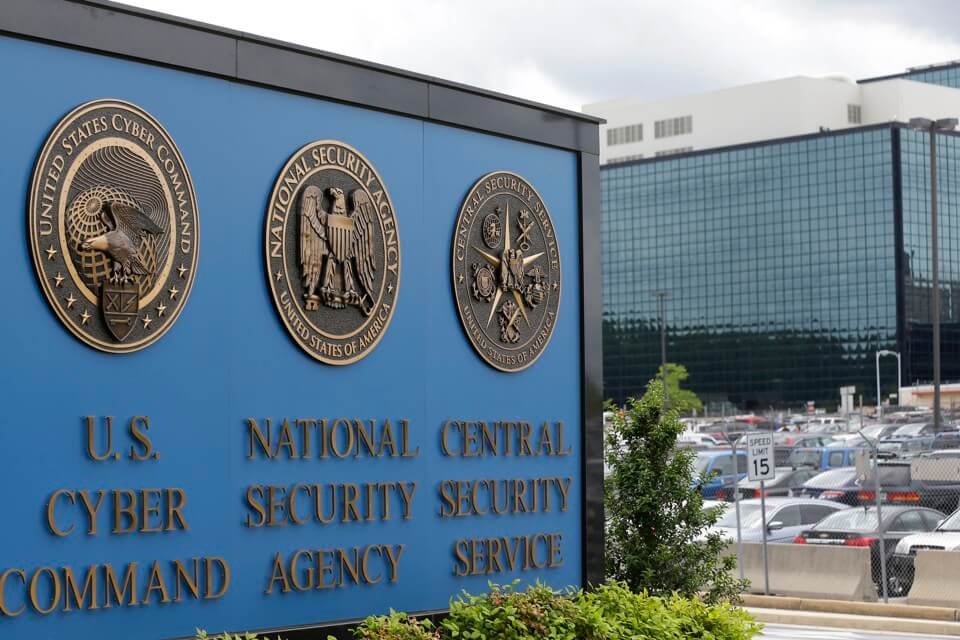In a tale as old as the computer, China has once again pointed fingers at the United States, accusing it of hacking into one of its technology companies. Of course, this comes about a month after the U.S. accused China of targeting its government organizations with cyberattacks. It seems like a never-ending cycle of blame and counter-blame in the world of cybersecurity.
Nonetheless, the Chinese Ministry of State Security has accused the U.S. National Security Agency (NSA) of infiltrating Huawei servers since as early as 2009.
These allegations, which were made via China's official WeChat account, claim that the Tailored Access Operations (TAO) unit of the NSA conducted cyberattacks in 2009 and maintained continuous surveillance on Huawei's servers. While specific details about subsequent attacks were not provided, the accusations shed light on the persistent cyber espionage disputes between the two global powers.
These disputes have been a point of contention between China and the United States for more than a decade. They escalated following Edward Snowden's explosive allegations about U.S. spying activities, which led China to accuse its political rival of orchestrating cyberattacks against Chinese targets. In return, Washington and cybersecurity experts have repeatedly accused China of sponsoring cyberattacks against Western nations and institutions.
[RELATED: 8 Steps Huawei Took to Steal IP from T-Mobile and Cover It Up]
The timing of these accusations holds significant weight, as both China and the U.S. are currently engaged in a fierce battle for technological supremacy, particularly in the rapidly advancing field of artificial intelligence. At the forefront of this rivalry stands Huawei, a prominent Chinese telecommunications company.
Huawei recently unveiled a smartphone powered by an advanced chip it designed, even in the face of years-long U.S. sanctions aimed at cutting off the company's access to American technology required for the development of sophisticated chips and smartphones.
Here is what the Chinese Ministry of State Security recently stated:
"In recent years, the United States has stepped up it's 'Forward Hunting' operation with clear goals. Russia, Iran, China, and North Korea are its main targets. The U.S. Cyber Command is becoming an expeditionary force, carrying out cyber attacks and stealing secrets from other countries under the guise of 'hunting forward' and active defense.
But at the same time, the United States is trying its best to portray itself as a 'cyber attack victim', inciting and coercing other countries to join the so-called 'clean network' program under the banner of 'maintaining network security', in an attempt to eliminate Chinese companies from the international network market."
These allegations and counter-accusations are part of a larger pattern of cybersecurity disputes between the United States and China. The intricate nature of cyber warfare and the secretive operations involved make it challenging to independently verify specific claims. Furthermore, these disputes occur within the broader context of geopolitical tensions, trade disputes, and competition for global technological leadership.
Amid the ongoing blame game, it is undeniable that cybersecurity disputes have taken center stage in international relations.
[RELATED: Cyber War vs. Traditional War: The Difference Is Fading]
Follow SecureWorld News for more stories related to cybersecurity.





